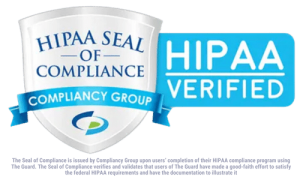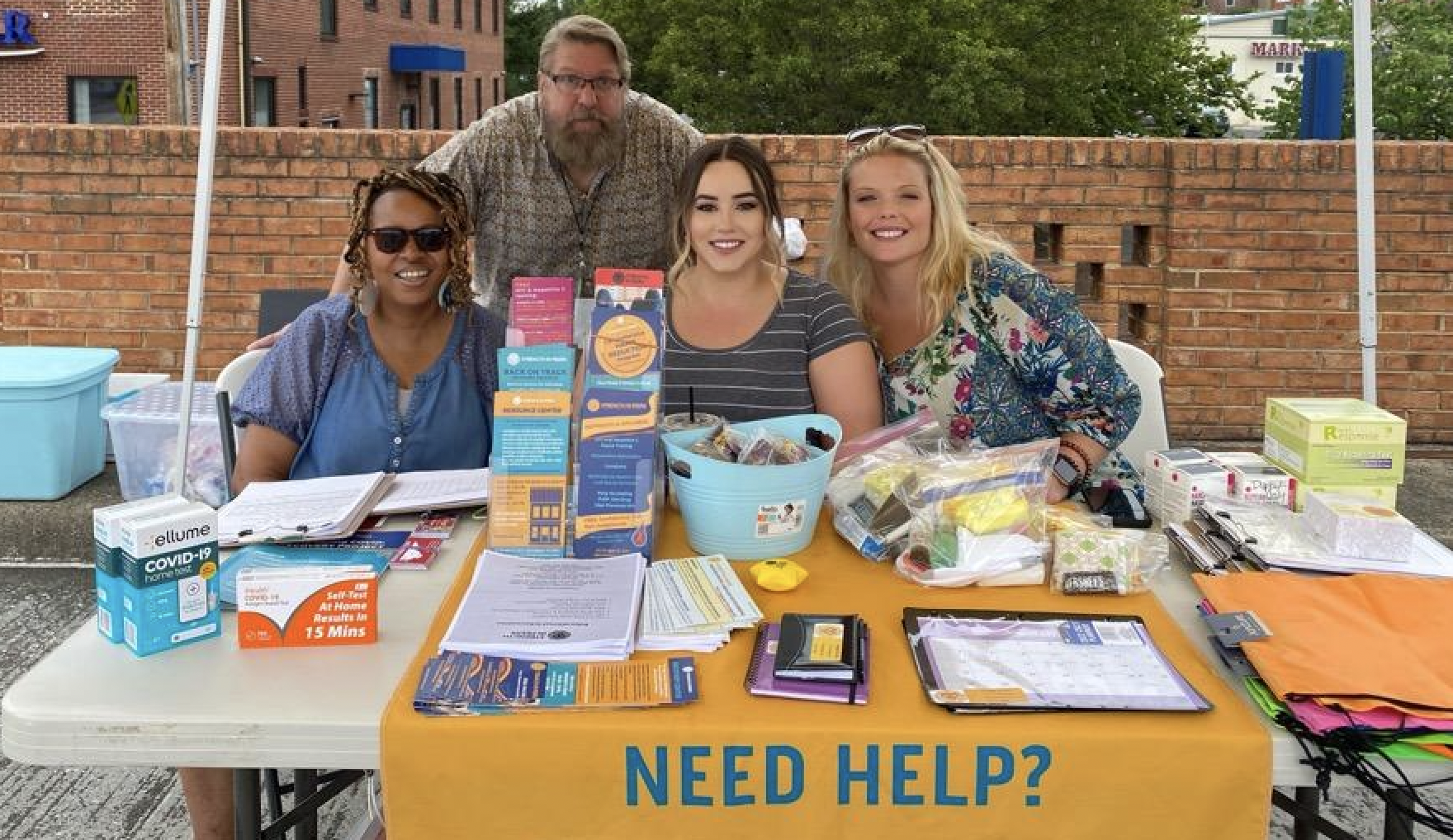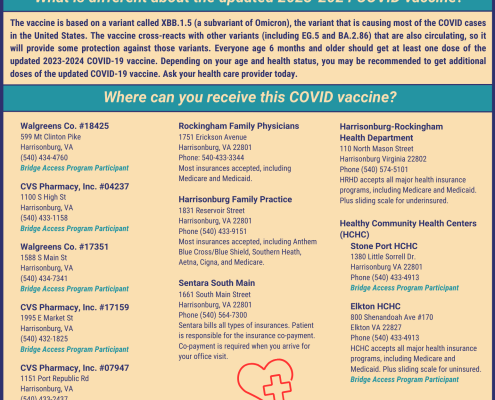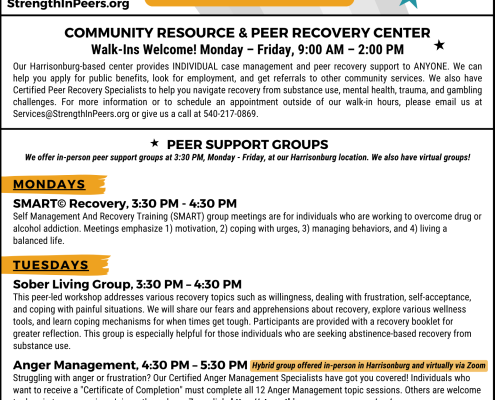Overcoming Challenges Together With Peer Recovery
Strength In Peers is a nonprofit, peer-run Recovery Community Organization. More than half of our Board of Directors and all of our staff are in active recovery from substance use, mental health, and trauma-related challenges. We serve the City of Harrisonburg and Rockingham, Page and Shenandoah Counties in Virginia.
Our Mission
We offer hope, support and advocacy for those seeking recovery so that we can build resilience and thrive in our lives and communities.
Our Vision
We envision a world where we have an abundance of recovery options and are supported in our right to decide our recovery pathway.
Our Values
Authenticity: We are real people with similar experiences who genuinely want you to succeed and achieve your goals, whatever they may be.
Peer Run: All of our programs and services are designed, led and operated by peers based on our shared experiences with what works and what doesn’t.
Hope: We believe that anyone can recover. Our past does not define us. Our dreams and goals are possible.
Dignity: All people have dignity and deserve to be treated with kindness and honesty.
Open Minded: We are open to the many cultures, orientations, preferences, worldviews and recovery paths of others.
Support: We walk alongside our participants and will provide you support, resources and encouragement along your journey.
Mutuality: We are not experts. There is no hierarchy in our relationships with our participants. We grow in our recoveries alongside you as we build trust and challenge one another to recognize opportunities and try new behaviors.
Courage: We know change takes courage. We find courage in being vulnerable, trying new things, giving ourselves and others grace, getting help when we need it and always moving forward.
Advocacy: We are passionate about ensuring that all individuals have opportunities to engage in recovery support services that meet their needs. We advocate for our participants and champion this vision every day.
Confidentiality: People have the right to keep their information private. We do not share or disclose your information without your consent.
Our History
Strength In Peers incorporated in 2015. However, we began as a program of another nonprofit organization called Future Generations in 2014. Future Generations develops the capacity of communities to address their own challenges by seeding programs and supporting them to become independent organizations. It has been doing this work for over 30 years in the United States and internationally. We developed our capacity under Future Generations’ fiscal sponsorship and achieved full independence in January 2018.
2014 – Nicky Fadley brought the Future Generations’ Rural America Program from Pendleton County, West Virginia to her hometown in Shenandoah County, Virginia and established an office in the Town of Woodstock. We brought together service providers to conduct a community assessment of behavioral health needs and services. As a result of the collaboration, the partners formed the Shenandoah Mental Health Network to close gaps in services for people with behavioral health challenges in northwestern Virginia, with a focus on rural communities and vulnerable populations.
2015 – With support from the Network, we developed the Trauma Awareness and Resilience Project to educate rural communities about trauma and launch peer support services in Shenandoah and Page Counties. Our team also opened an office in the City of Harrisonburg and developed the Reentry Recovery Program to provide outreach, peer support and treatment to individuals returning from incarceration to Harrisonburg and Rockingham County. These programs established the organization’s target service area of Harrisonburg City and the Counties of Rockingham, Shenandoah, and Page. Recognizing a need, Strength In Peers incorporated on December 17 to carry on a long-term mission.
2016 – Our team continued to operate programs under the Future Generations umbrella. We developed the systems, policies, and capacities to become independent and autonomous.
2017 – We launched the Healthy and Resilient Children Project that developed youth mentoring services and helped Shenandoah County Public Schools develop trauma-informed practices. We also received our first contract independent from Future Generations to operate the Harrisonburg Community Resource Center and offer free case management and resource connection to anyone in the community. On December 31, Strength In Peers formally separated from Future Generations and transferred all staff, offices and supplies to the new organization.
2018 -We successfully transferred our three federal grants from Future Generations to continue our trauma, reentry and youth programs. As these grants ended, we succeeded in winning new grants to build on these programs. The Side by Side Recovery Program expanded peer support services in Shenandoah and Page to also include integrated case management, counseling and psychiatry using a mix of home visits and telehealth. We established key partnerships with clinical providers, including at the Harrisonburg Center for Relational Health and University of Virginia. We also moved our office from Woodstock to the Town of New Market to improve access to Page County. New Market remains our organization’s headquarters.
The Back on Track Recovery Program shifted the focus of the Harrisonburg office from individuals returning from incarceration to individuals experiencing homelessness and housing instability. Despite the shift, the program continued jail outreach activities to engage the many individuals coming out of incarceration into homelessness and housing instability.
2019 – We moved our Harrisonburg office from East Market Street to a larger office with more visibility on North Main Street. Our staff received training in Intentional Peer Support which became the framework that guides our peer support practice and quality standards. The training was developed by Shery Mead, a transformative leader in the peer recovery movement.
2020 – With the support of the RMH Foundation and Sentara RMH Medical Center, we developed the Safe and Secure Homeless Respite Program for individuals experiencing homelessness who need a safe space to recuperate following a hospitalization for a physical, mental or behavioral health crisis. We also opened our first sober-living Recovery House for men in Harrisonburg. We engaged in a COVID education campaign with VDH to help the vulnerable populations we serve access vaccinations, home test kits and other prevention resources.
2021 – We launched a Comprehensive Harm Reduction Program with support from VDH and authorization from the Commonwealth of Virginia’s Health Commissioner. The program distributes sterile needles, naloxone, drug testing strips, wound care and other supplies to individuals who are still using drugs. It teaches participants to prevent overdose, infectious diseases and infections. It also help participants access services and resources, including recovery supports when they are ready.
In response to the Marcus-David Peters Act, we received a planning grant from the Virginia Department of Behavioral Health and Developmental Services (DBHDS) to improve equity in access to behavioral health services in Region 1. We developed a network of Recovery Community Organizations and clinical allies to facilitate outreach and access to services. This network is a regional iteration of the Side by Side Recovery Program model and seeks to engage hard to reach populations using Peer Recovery Specialists and facilitate access to telehealth and residential services available in the region.
2022 – We received our first grant from the DBHDS Office of Recovery Services to support our peer support services and help train the growing peer support workforce. We established an internship program for Peer Recovery Specialists who are working towards their state certification.
We became the first Recovery Community Organization to register with Medicaid in Virginia. Several of our staff have become Registered-Peer Recovery Specialists through the Virginia Board of Counseling in anticipation of our growing capacity to bill Medicaid for peer recovery services.



